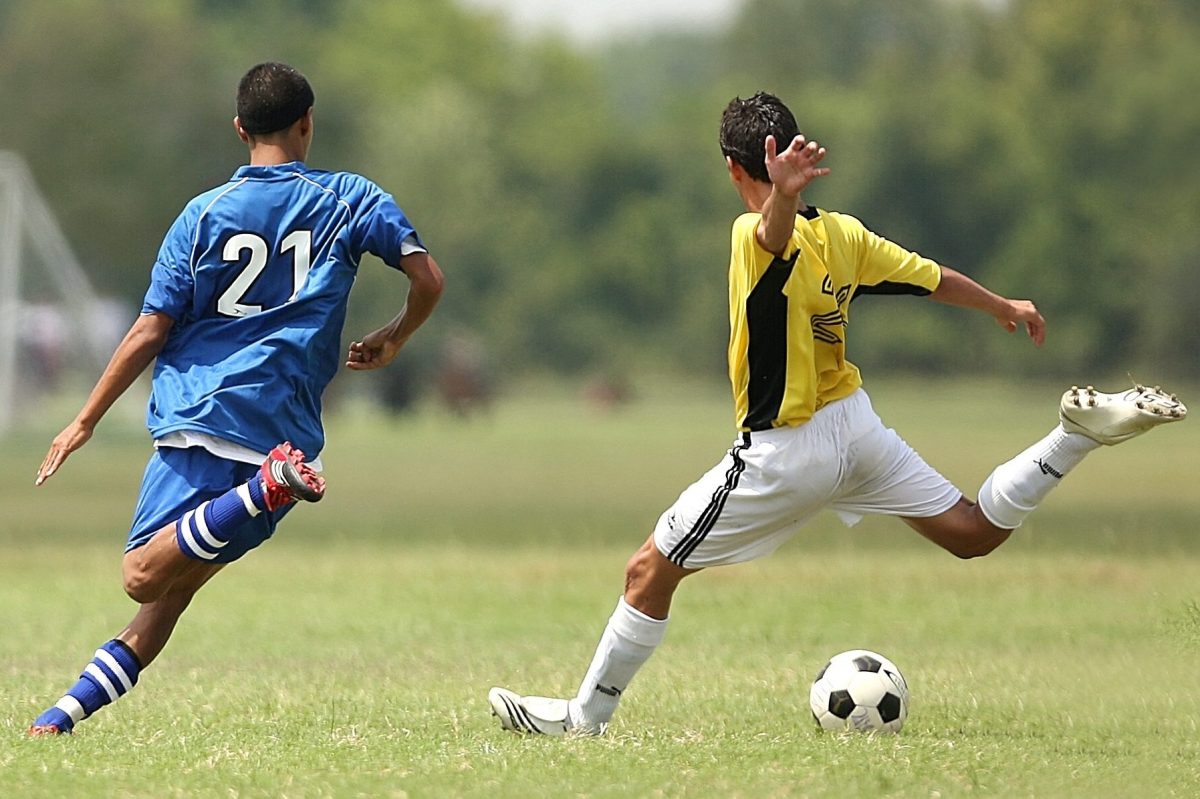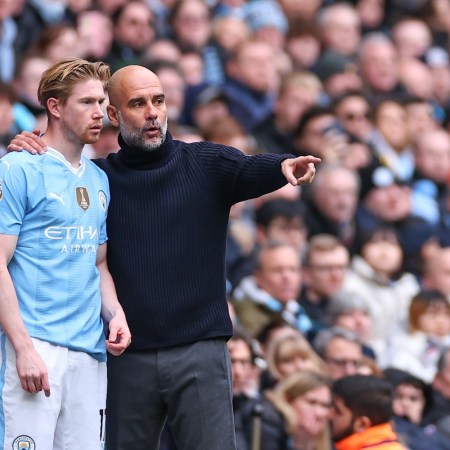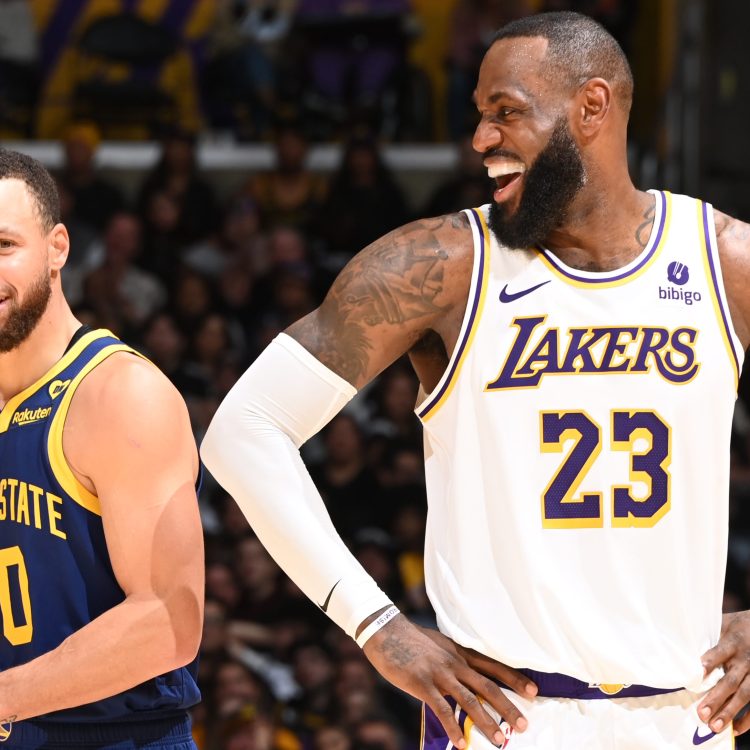In America today, the average child spends less than three years playing a sport and quits by age 11, according to a new national survey of sports parents conducted by the Aspen Institute and Utah State University.
For a country where childhood obesity rates are rising and junk food is as readily available as air, that is certainly not a good thing.
According to the Aspen Institute’s survey of parents of youth athletes, the primary reason kids are quitting sports is because they simply aren’t having fun playing them anymore.
Instead of going out to shoot baskets with their friends, a growing number of kids would rather get their kicks by shooting their friends online while playing video games like Fortnite or Call of Duty.
Last year, only 38 percent of kids aged six to 12 played team sports on a regular basis, down from 45 percent in 2008, according to research which was conducted by the Sports & Fitness Industry Association (SFIA).
And those numbers only get worse with age, as 56 percent of teen girls and 48 percent of teen boys do not participate in sports, according to statistics provided by DICK’S Sporting Goods Foundation’s Sports Matter — an initiative which has pledged to provide access to sports for one million youth athletes over the next five years — at a recent panel event.
Besides the declining fun factor, the biggest reason kids aren’t playing sports as much as they once did is the increasing fees involved with participation.
Sports Matter’s statistics show that while 63 percent of school sports budgets are stagnant or decreasing, 58 percent of community-based sports fees are rising, which means parents are having to pay more for their children to play (if they can even convince them to).
Those same stats indicate 42 percent of families of middle and high-school students who do not participate in sports but are interested in doing so cite cost as the main reason.
And cost is even more prohibitive for children who come from homes on the wrong side of the poverty line, which helps explain why children from low-income families are half as likely to play sports as kids from upper-incomes homes, according to research from the SFIA.
“Everyone thinks from the Olympic medal count, we have the best youth sports system in the world. But when you look at some of the sports, these are things parents pay for,” George Washington University sports management professor Lisa Delpy Neirotti told The Washington Post. “If we’re really looking at being a more inclusive and healthier society, we should probably get these kids playing together more out on the field.”
And it’s not just health worries and a depleted medal count at future Olympics that should have parents and society as a whole concerned about the decline in youth sports participation.
Compared to non-athletes, student-athletes are less likely to be depressed, have higher self-esteem and are more likely to get higher grades and aspire to attend college, according to Sports Matter’s statistics.
Of course, a big reason for that is likely (especially with fees on the rise) because student-athletes tend to come from families that are better off and therefore have access to better schools, resources and funding to pay for college tuition.
Still, it does bear consideration, as do the social skills and peer relationships that student-athletes develop while interacting with their teammates . Sure, there are plenty of other ways and venues for kids to develop those skills (band, school plays, church groups, clubs), but sports have traditionally been a great way for children to socialize.
Now, with many kids quitting sports before age 12, that socialization and all the other benefits of playing sports are going by the wayside. It’s hard to imagine that’s a win for anyone.
Whether you’re looking to get into shape, or just get out of a funk, The Charge has got you covered. Sign up for our new wellness newsletter today.


















